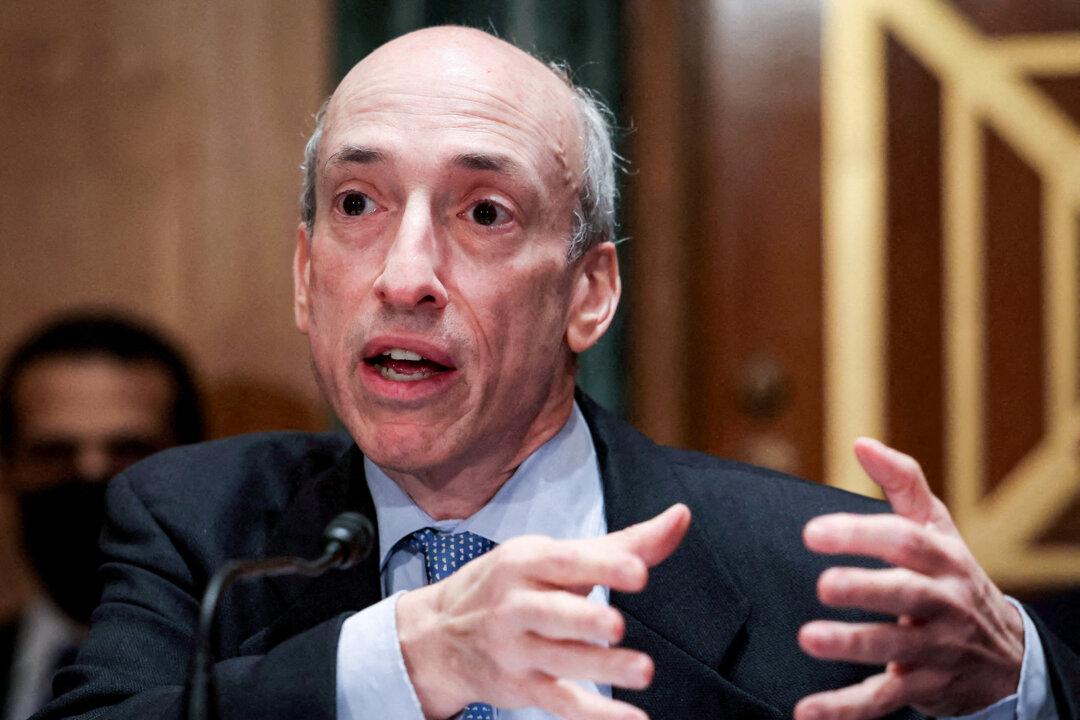A federal appeals court has ruled that the Securities and Exchange Commission (SEC) overstepped its authority when it adopted enhanced regulations for hedge funds and private equity firms that industry groups denounced as regulatory overreach that would harm both fund managers and investors.
The Fifth U.S. Circuit Court of Appeals struck down the SEC’s rules in a decision filed on June 5, justifying its decision on the premise that the SEC exceeded its statutory authority.





